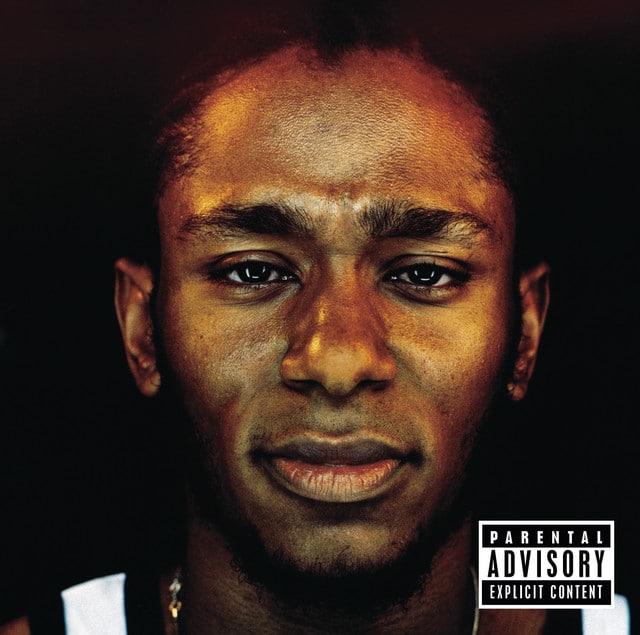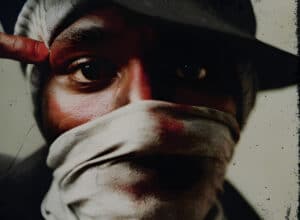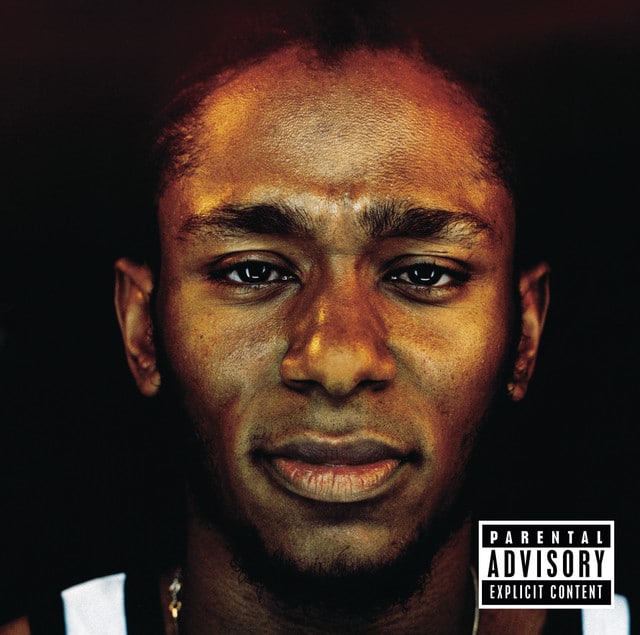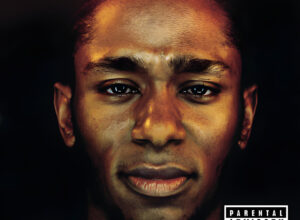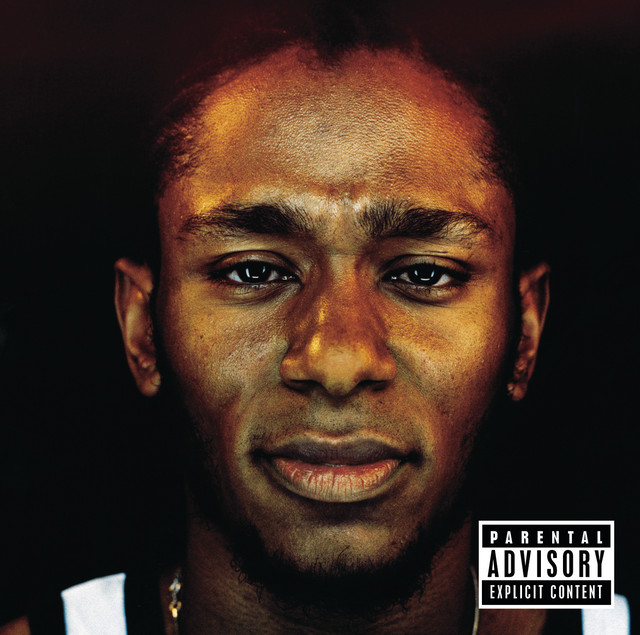Released: 1999
“Hip Hop” is a powerful track by Mos Def, where he presents an intricate analysis of the hip-hop culture, industry, and its socio-political implications. He is formulating a commentary on hip-hop’s evolution, its impact on society, and the grim realities faced by African Americans, while also demonstrating his linguistic prowess and clever wordplay.
“You say one for the trouble, two for the time” is a callback to old school hip-hop, a phrase often said to hype up the crowd. As Mos dives in, he likens his speech to a hammer, crafting and impacting the world, illustrating the power of his lyrics. He talks about his struggles with restlessness, a likely reference to his creative process and his drive to create impactful music.
In the line, “I mathematically add-minister, Subtract the whack,” Mos Def establishes himself as a gatekeeper in the hip-hop scene, calling out whack (low-quality) artists. The mention of “staccato” and “full throttle” reveals his approach to rapping – smooth yet spirited, regardless of the beat’s rhythm.
“Brooklyn number one, Native son, speaking in the native tongue” emphasizes Mos Def’s roots in Brooklyn and how it influences his music. Meanwhile, “There’s the hum, young man where you from” represents a common reality in inner cities where one’s location often dictates their life’s trajectory.
The lines “We went from picking cotton, To chain gang line chopping, To Be-Bopping, To Hip-Hopping,” offers a brief overview of African-American history and their evolution from enforced labor to cultural phenomena. He calls out the music industry’s harsh realities with lines “you can either get paid or get shot” and “The industry just a better built cellblock,” critiquing its exploitative nature.
“Hip Hop is prosecution evidence, The out of court settlement” speaks on how hip hop is often demonized and used against the Black community, while “original repetitive violently competitive, a school unaccredited” critiques the fierce competition and lack of originality in the industry.
The final lines “But black, it can’t save you” suggest that while hip-hop offers an expressive platform and economic opportunities, it cannot entirely overcome the systemic racial barriers that Black people face. It’s a sobering reminder of the socio-political limitations tied up within the genre.
